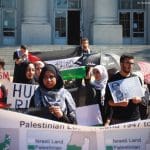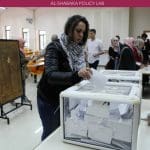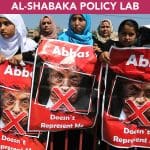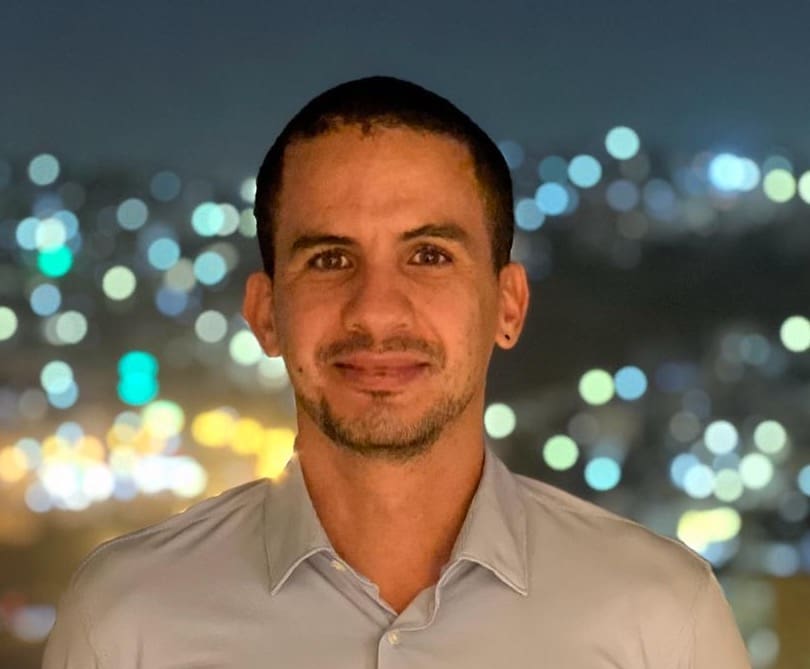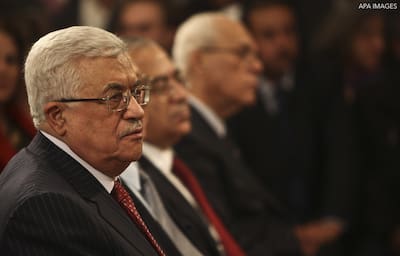
Palestinians in the West Bank and Gaza are bracing for the first general elections to take place in 15 years, while the Palestinian Authority seeks to renew its legitimacy amid shifting regional and global realities.
Who are the leaders and political bodies Palestinians will be voting for? How are these elections affected by regional and global stakeholders? Given Israel’s ongoing military occupation and the deepening fragmentation of Palestinian civil society, can these elections bring about significant change?
In this policy lab, Al-Shabaka policy analysts Diana Buttu and Munir Nuseibah join host Nadim Bawalsa to discuss these questions and more.
Nadim Bawalsa is Associate Editor with the Journal of Palestine Studies. From 2020-2023, Nadim served as Al-Shabaka’s commissioning editor. He is a historian of modern...
Munir Nuseibah is a human rights lawyer and academic based in Al-Quds University in Jerusalem, Palestine. He is an assistant professor at Al-Quds University's faculty...
Diana Buttu is a lawyer who previously served as a legal advisor to the Palestinian negotiating team and was part of the team that assisted...









